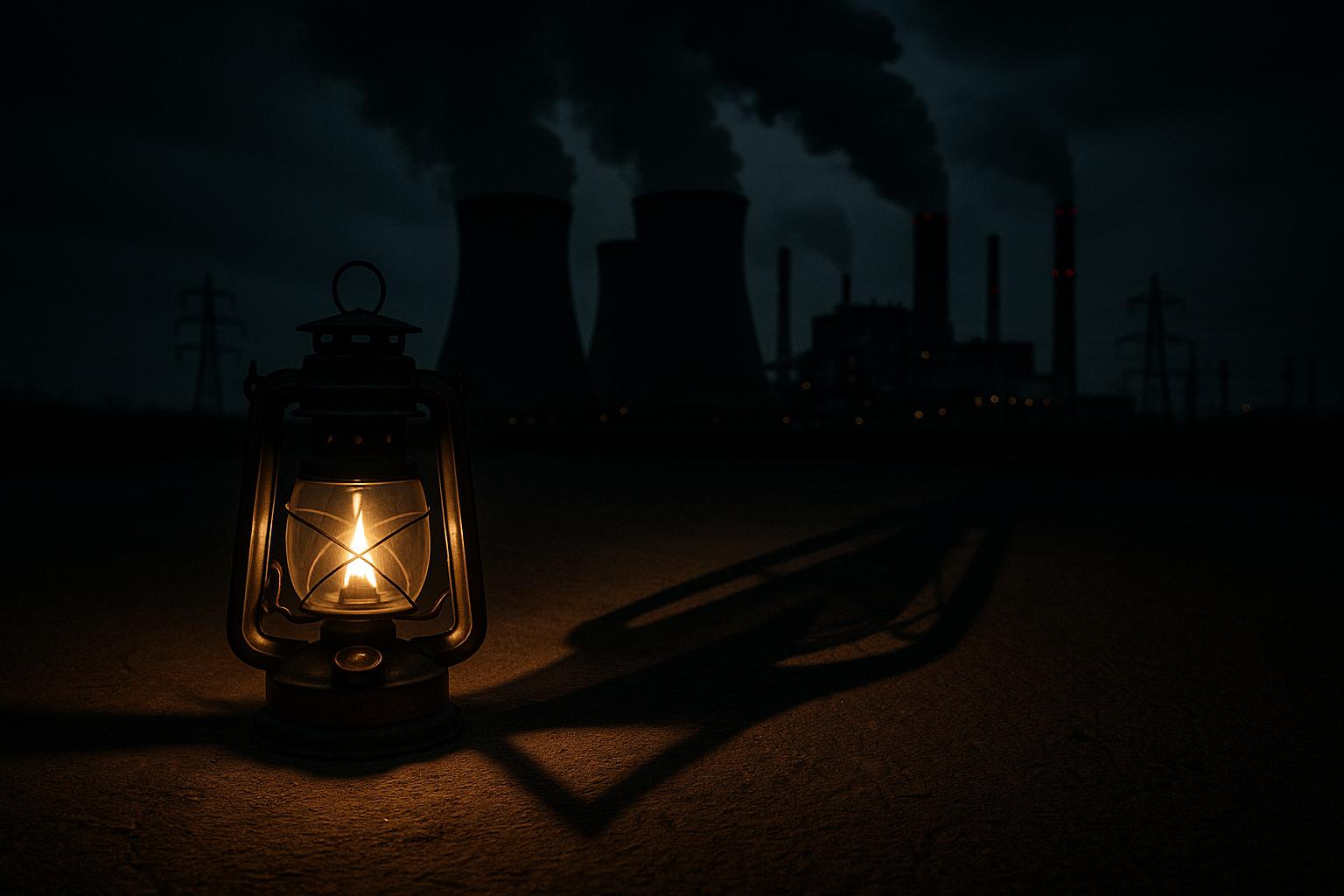The recent UK party conference season has been notably active, with the Institution of Civil Engineers (ICE) taking a central role in engaging politicians and decision-makers on their infrastructure agendas. Acting as an independent charity, the ICE aims to provide trusted advice on planning and delivering the infrastructure essential for societal progress, maintaining ongoing dialogue with political representatives throughout the year. This engagement during the conference season offers valuable insights into the evolving policy landscape across the three major UK parties.
The Liberal Democrats, speaking at their Bournemouth conference, captured attention with a bold pledge to halve energy prices by 2035. Their agenda also included commitments on skills development and transport improvements, alongside broad endorsement of the Labour government’s net zero policies, despite some criticism over the current planning approach. Labour’s conference built on a busy summer of infrastructure initiatives, revealing updates on projects such as new towns and the Northern Powerhouse Rail. Their agenda underscored themes of delivery, devolution, and skills development, with the future of artificial intelligence attracting considerable interest amid both enthusiasm and uncertainty.
In contrast, the Conservative Party signalled a significant policy shift under leader Kemi Badenoch, who announced plans to repeal the Climate Change Act 2008. This legislation, originally designed to guide the UK towards net zero emissions, was criticised by Badenoch as a constraint on economic growth. The proposed strategy aims to replace the Act with a focus on providing cheap and reliable energy, with an emphasis on cutting electricity bills and boosting North Sea oil and gas extraction. The party also committed to slashing public spending by £47 billion, targeting welfare and foreign aid, in a strategic response to the rising challenge from Reform UK.
Badenoch’s announcement has sparked controversy, particularly from environmental groups and experts. The Grantham Research Institute, for example, challenged the Conservative leader’s claims, stating that there is no evidence the Climate Change Act has increased energy costs and highlighting the significant economic benefits of pursuing net zero emissions. Critics warn that scrapping the Act could undermine the UK's environmental commitments and hinder the transition to sustainable energy systems.
The contrasting approaches of the main UK parties reflect broader tensions in balancing economic growth, environmental sustainability, and public spending. ICE’s continued role in facilitating discussions between engineers and policymakers underscores the critical importance of informed infrastructure planning in navigating these challenges. As debates over net zero policies, energy costs, and infrastructure investment unfold, the views expressed at these conferences offer a clear snapshot of where each party stands on key issues shaping the UK's future.
📌 Reference Map:
- Paragraph 1 – [1], [2]
- Paragraph 2 – [1], [2], [6]
- Paragraph 3 – [1], [2], [3], [4], [5]
- Paragraph 4 – [4], [7]
- Paragraph 5 – [1], [2]
Source: Noah Wire Services
